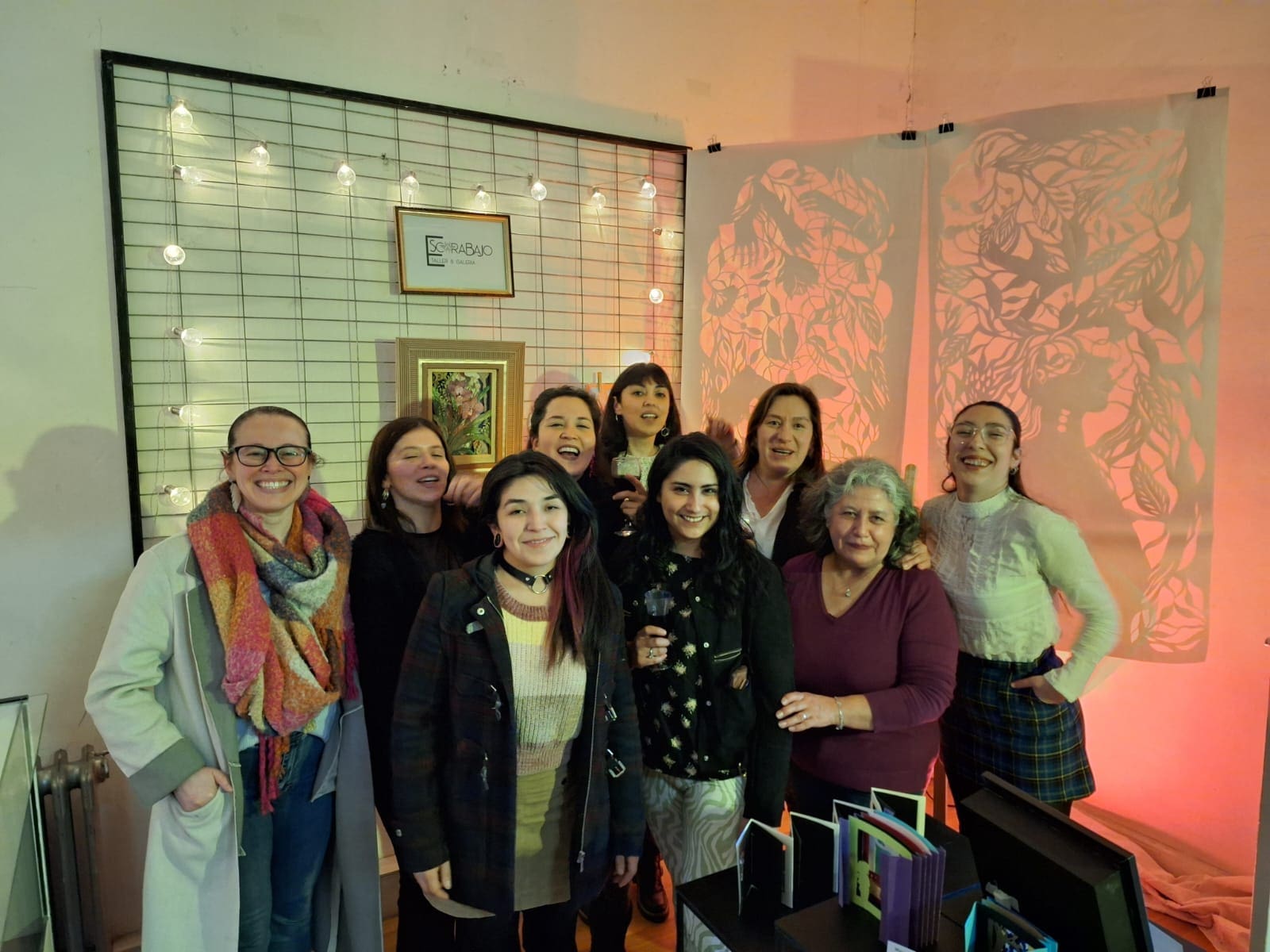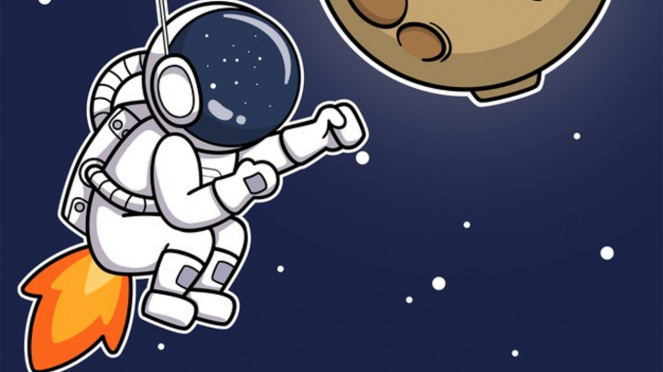“In Venezuela, we work to rethink science, to reorganize productive capacities from science, technology and innovation. We promote Venezuelan scientific activity by reactivating the National System of Science, Technology and Innovation together with the Presidential Scientific Council, which is an instance dedicated to prioritizing the lines of research in the country to give more space to 100% Venezuelan talent “, said the Minister of Power Popular for Science and Technology, Gabriela Jiménez Ramírez.
Jiménez stated that despite the serious effects of the unilateral coercive measures, the planetary environmental crisis, the crisis of the capitalist system and the COVID-19 pandemic, the Venezuelan people have taken a step forward and have assumed the historical moment they face with ingenuity. , research and innovation.
During your participation in the program Political enclave, broadcast by Telesur, the Minister of Science and Technology indicated that one of the objectives of the V Venezuelan Congress of Science, Technology and Innovation (Covecyti) is to debate and generate knowledge to face the great challenges of Venezuela.
“The Science Congress begins this Monday, November 29. We summon all public and private actors, universities, research centers and grassroots mobilization movements of the people. It means that all the Venezuelan people that are part of the system have the right to contribute to be part of the knowledge, it is not an exclusive academic space, ”he stressed.
According to the head of the scientific portfolio, since 1999, Venezuelans have had a National Constitution that reaffirms the space of the ecology of knowledge and this allows diversity and openness to all sectors of the country.
“We speak of diversity of thoughts, creeds, knowledge, knowledge. There are thoughts of equity and a fair participation of all actors, indigenous communities, Afro-descendant communities, industrial sectors, peasants, fishermen, industrial movements. That means harmonizing the forms and processes of knowledge generation so as not only to stay in the classic spaces that modernity has imposed on us as a format for the generation of knowledge and that also reproduces the models of capitalism, ”he said.
Venezuelan biotechnology
The Minister for Science and Technology explained that in the last 12 years, the Scientific-Peasant Alliance has managed to show the world that the field is a space for participatory research that brings together peasant communities with specialists in plant biotechnology.
“The Scientific-Peasant Alliance is an expression of the peasant movements and their knowledge, where the peasant family is the epicenter of all knowledge generation processes. They are actors of the National Science System, they do not have a classic lab coat, but the research takes place in the field, they work with the environmental crisis, for example, water deficit, they can identify seeds that suffer from water stress, which are ancestral seeds and they have their own management of our indigenous communities as well ”, he explained.
He insisted that this national project safeguards biodiversity and promotes the production of healthy and indigenous food, which translates into agri-food sovereignty and food security for the peoples.
In this sense, he added that the national government makes great efforts to include the productive councils of workers in industrial spaces as well as the entire educational sector to promote science and technology as tools to generate social well-being by solving real problems.
“We also have the Scientific Seedlings program; teachers and professors in basic schools promote the love of science and technology from an early age, through playful activities. Our goal is to harmonize the sectors of the system and allow the meeting and recognition of all knowledge. We want to appropriate science and technology again to produce and confront this historic moment of blockades and attacks, ”he emphasized.
Open science
Minister Gabriela Jiménez-Ramírez commented that various nations of the world work together to promote the democratization of knowledge for the common welfare.
“On the 75th anniversary of Unesco, a document was promoted that defines open science as a fundamental element to find ourselves in the complementarity of the technological infrastructure, in guaranteeing the benefits of science for all humanity. Knowledge as a human right, education and that these elements allow us all to appropriate technologies and processes that allow us to decolonize the processes of technological production that modernity has imposed on us ”, he stressed.
He indicated that, although 73% of world research is concentrated in the US and China, this also represents an opportunity for peoples to unite in the construction of knowledge and knowledge.
“Our peoples can build high-level talent training programs together, and that technological infrastructure and that scientific infrastructure can, in some way, be extrapolated among our peoples. The peoples who have the same worldview and the same origin; it is to promote collective well-being from our principles, from our history, from our perspective, from our values ”, he said.
The pandemic is not over
The head of the Venezuelan scientific portfolio alerted the population about the detection in South Africa of a new variant called “Ómicron”, which means that investigations must continue throughout the planet to guarantee the health of the peoples.
“To build social well-being, we must share technological tools, share platforms, and even share epidemiological data, how the immunogenicity of our indigenous communities, children, the elderly behaves, and how long post-vaccination antibodies last. In Venezuela, we carry out an exercise of sovereignty in scientific matters, and all the developments of the Cuban brothers are welcome; because we have a point in common: that science is an element of collective well-being, and we cannot privatize knowledge, much less privatize health, “he said.
Source: MPPCYT Press
/ SQM / CP





